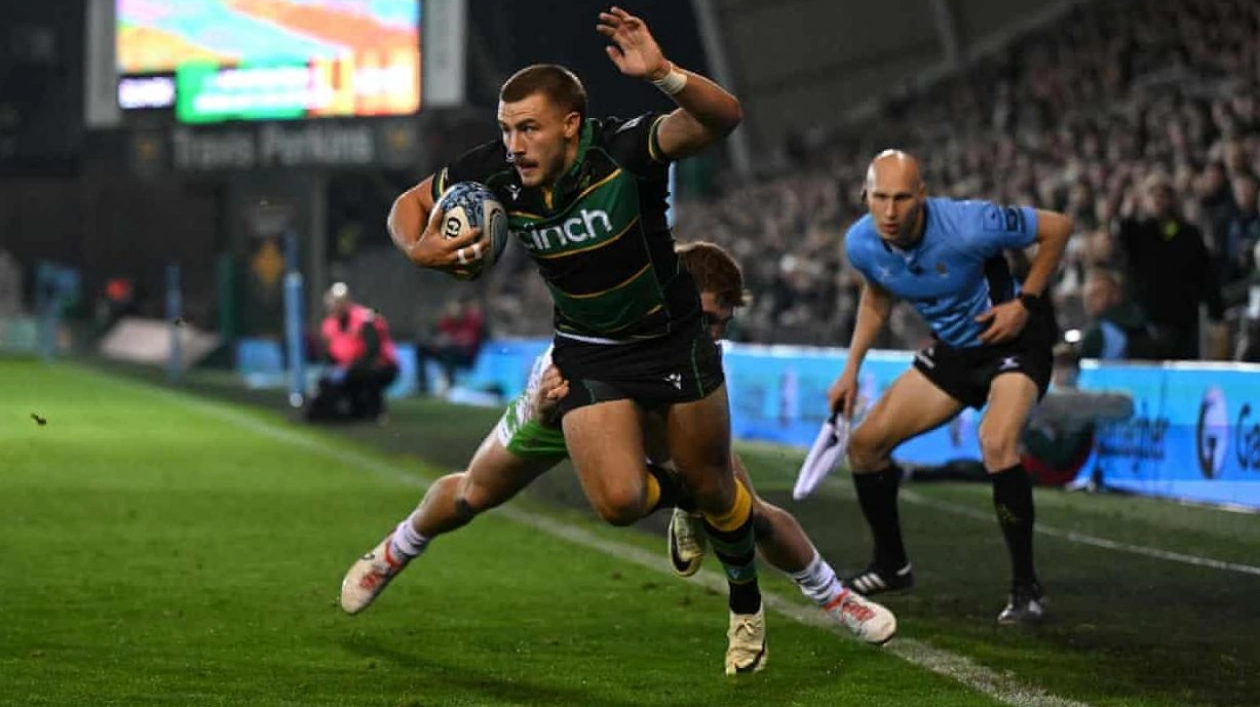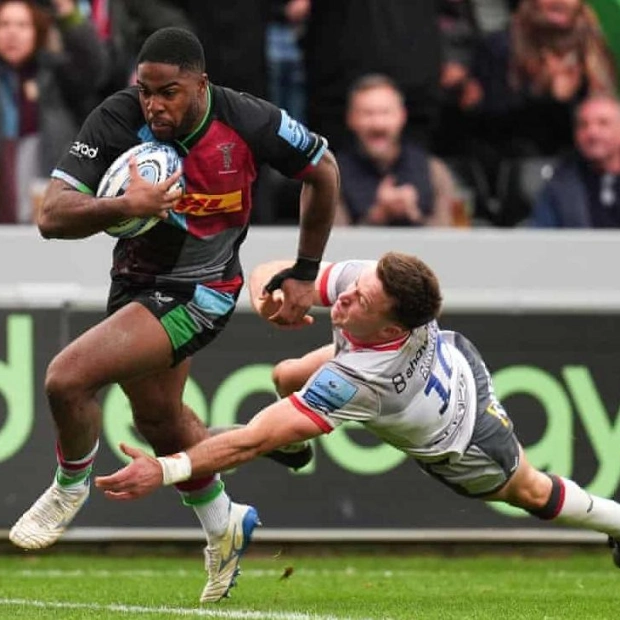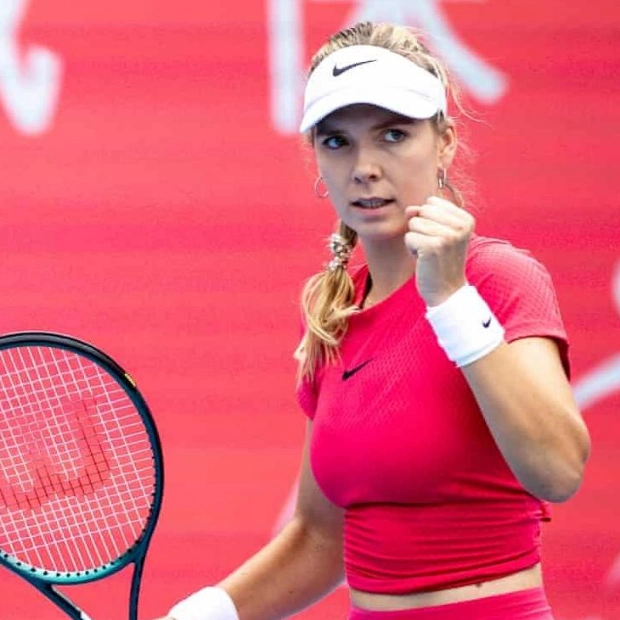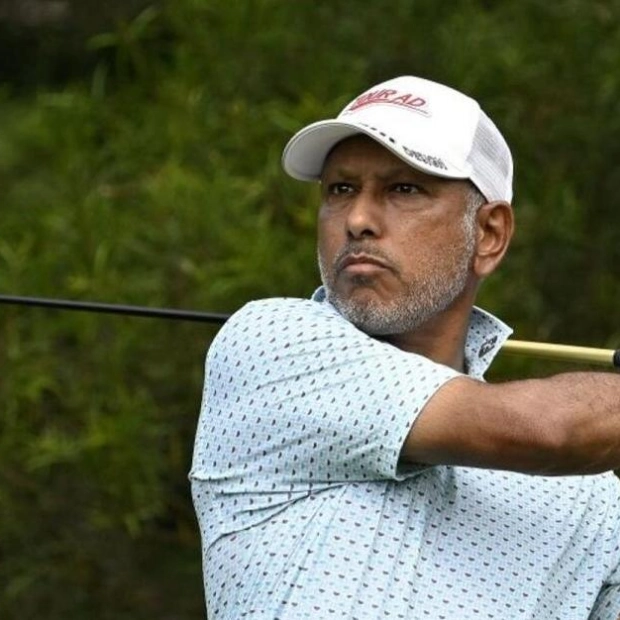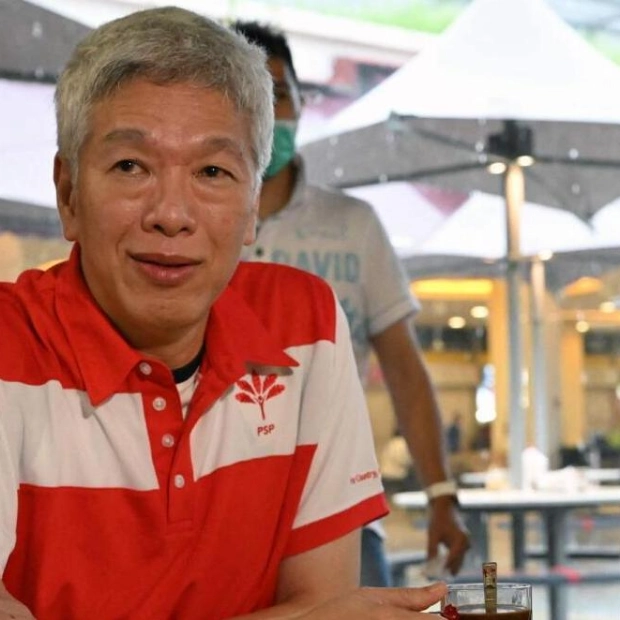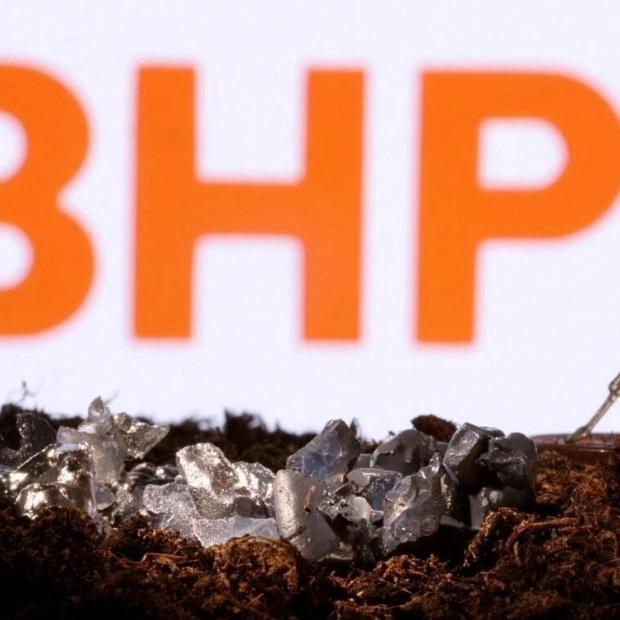Rugby union has recently said goodbye to two influential figures. Today’s players might not be well-acquainted with Kevin Bowring, the first professional head coach of Wales from 1995-98, or Ronnie Dawson, who led the British & Irish Lions to a historic victory against the All Blacks in 1959 and later became Ireland’s first national coach, but both made significant contributions to their sport. Dawson, among many other roles, was part of the committee that organized the groundbreaking first Rugby World Cup, while Bowring mentored many of modern rugby’s most insightful coaches and educators, from Stuart Lancaster and Shaun Edwards to Ben Ryan and Toby Booth. Lancaster considered Bowring, the son of a carpenter from Neath, to be unparalleled – “I truly believe the world has lost one of the great coaching minds” – and Ryan echoed this sentiment: “[He] challenged my thinking, when as a young coach I was merely following the current.” Another of his appreciative protégés, Russell Earnshaw, expressed it more poetically. “If coaching is about your coaching tree, Kevin planted forests. If it’s about the ripples you create, he threw boulders in the lake. If it’s about the footprint you leave, he took a million steps.” The warmth of these tributes suggests that Bowring’s greatest gift was opening minds to new possibilities and elevating young coaches’ perspectives.
This is perhaps even more crucial in the professional era. The pressure for results can be overwhelming, and not everything can be meticulously managed. As England’s men’s head coach, Steve Borthwick, has discovered. He must have felt relieved flying home from New Zealand in July, thinking he had navigated the toughest part of a tumultuous year. Within weeks, he had parted ways with two key assistants, Aled Walters and Felix Jones, who had significantly contributed to a positive atmosphere within the team. The recent confirmation of Richard Wigglesworth’s promotion to an expanded assistant role adds another layer of intrigue to England’s autumn squad announcement on Wednesday. Borthwick is entering a pivotal phase of his tenure. His team needs fresh momentum after losing four of their last six Tests, albeit narrowly, and will aim for at least three wins from their four November internationals. This will intensify the focus on one of coaching’s most challenging aspects: the art of selection.
Even the most intelligent and enlightened coaches must first ensure they have the right people on board. Simply following conventional wisdom is not enough. It involves balance, intuition, and clarity of vision, especially when England has an abundance of talent in certain positions. Borthwick has been clear that consistent selection is crucial to his strategy. Fair enough, but maintaining an open mind and keeping an eye on the future is equally important. Consider his options on the wings. Immanuel Feyi-Waboso and Tommy Freeman are currently in possession and will likely be retained for the New Zealand match on November 2, with Ollie Sleightholme close behind. However, anyone who has watched the early rounds of the Gallagher Premiership will also have noticed the impressive performances of Sale’s Tom Roebuck, Saracens’ Tobias Elliott, Gloucester’s Christian Wade and Ollie Thorley, and Bristol’s Gabriel Ibitoye. Bath’s Joe Cokanasiga and Will Muir missed the national camp last week due to injury, and we haven’t even mentioned Anthony Watson, Ollie Hassell-Collins, or Adam Radwan, let alone the versatile Elliot Daly and Max Malins. The list goes on.
The back row is similarly crowded. If you saw Ted Hill, Jack Clement, and Jack Kenningham play over the weekend, you might assume they are near certainties for Borthwick’s squad. Perhaps all of them will feature for England A against Australia A next month, but there are at least ten back-rowers ahead of them in the pecking order, including Ben Earl, Tom and Ben Curry, Ollie Chessum, Sam Underhill, Chandler Cunningham‑South, Ethan Roots, Tom Pearson, Tom Willis, and Greg Fisilau. Add Bath’s rising star Guy Pepper, the powerful Alfie Barbeary, Harlequins’ turnover king Will Evans, and Northampton’s U20 World Cup winner Henry Pollock, and the competition is fierce, even without considering the French-based Jack Willis, Sam Simmonds, Lewis Ludlam, and Billy Vunipola.
So, what should be done? England first need to review the game plan and combinations that offer the best chance of winning the next World Cup. Out wide, in addition to Feyi‑Waboso and Freeman on the wings, they probably need another versatile player and a marksman. Step forward Roebuck, who is exceptionally good in the air, and the speedy Sleightholme, who impressed none other than Beauden Barrett in the summer. All of that quartet are aged 24 or younger and, injury permitting, should be around for years. It is also vital to recognize the difference between club excellence and the demanding nature of the Test arena, particularly in the back row. For example, is the hard-working Chessum better utilized at lock or flanker? If the latter, it means relegating the ball-carrying strength of Cunningham‑South, which, right now, would feel like a step backward. For the start of the series, at least, I would retain the Auckland starting back row of Cunningham-South, Underhill, and Earl, with Chessum and Tom Curry coming off the bench.
In the absence of the injured Alex Mitchell and Henry Slade, recalling Harry Randall and Alex Lozowski would also help maintain high tempo and provide another midfield kicking option. Such fine judgment calls are what forge coaching reputations. Because Borthwick, with all that talent waiting in the wings, cannot allow backroom upheaval to stifle England’s style. Now is the time to look towards those hills and think bigger. The squad he picks ultimately matters less than its ability to capture the nation’s imagination.
